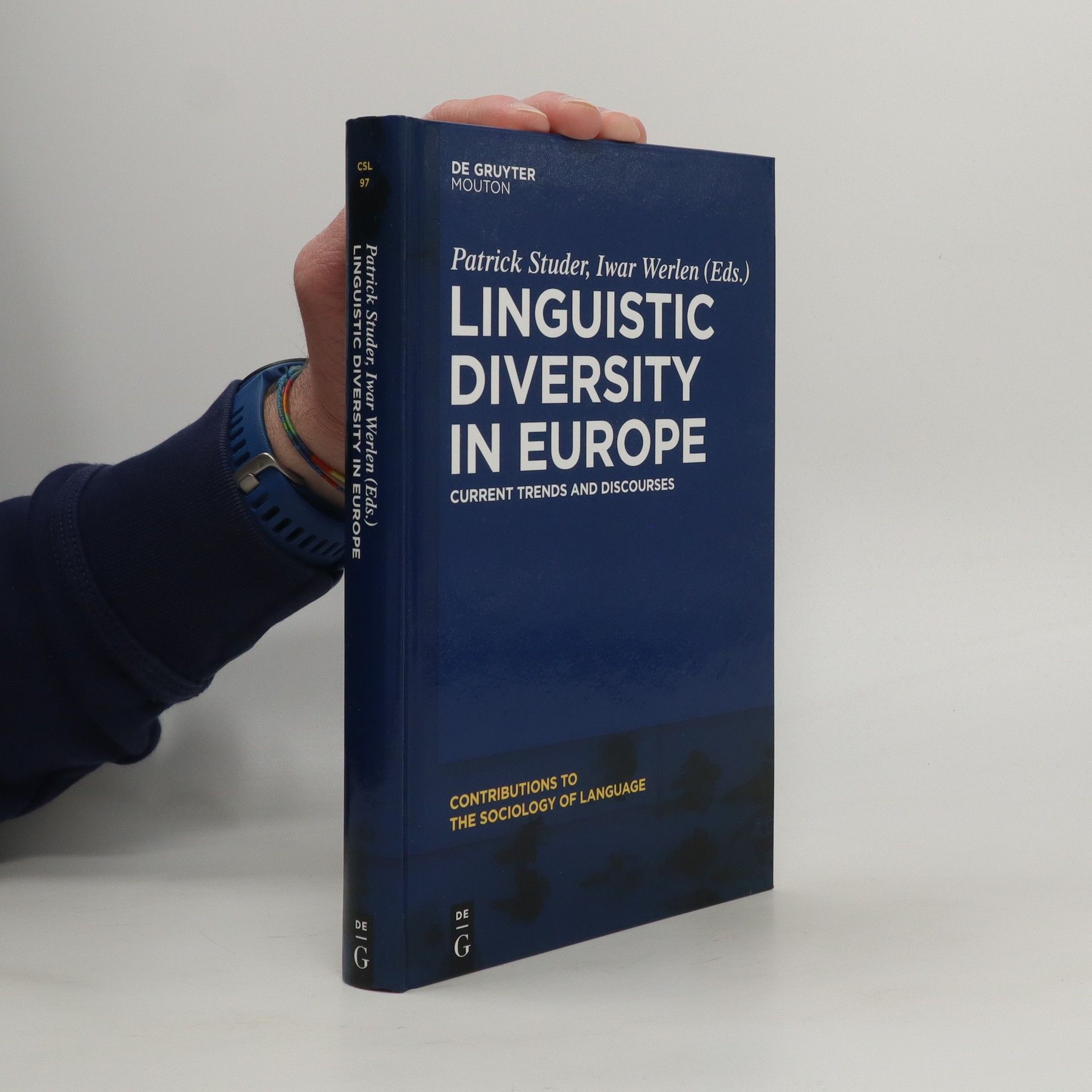More about the book
This book, which emerges in the context of the European research network LINEE (Languages in a Network of European Excellence), is concerned with European multilingualism both as a political concept and as a social reality. It features cutting-edge studies by linguists and anthropologists who perceive multilingualism as a discursive phenomenon which can be revealed and analyzed through empirical fieldwork. The book presents a fresh perspective of European multilingualism as it takes the reader through key themes of social consciousness – identity, policy, education, economy – and relevant societal levels of organization (European, national, regional). With its distinct focus on post-national society caught in unifying as well as diversifying socio-political currents, the volume problematizes emerging contradictions inherent in the idea of a Europe beyond the nation state –between speech minorities and majorities, economic realities, or socio-political ideologies.
Book purchase
Linguistic diversity in Europe current trends and discourses, Patrick Studer, Iwar Werlen
- Language
- Released
- 2012
- product-detail.submit-box.info.binding
- (Hardcover)
Payment methods
No one has rated yet.



